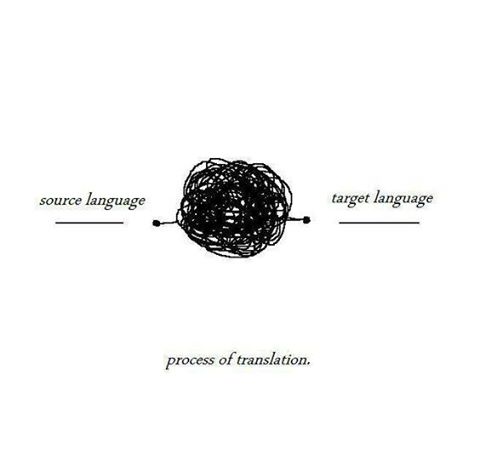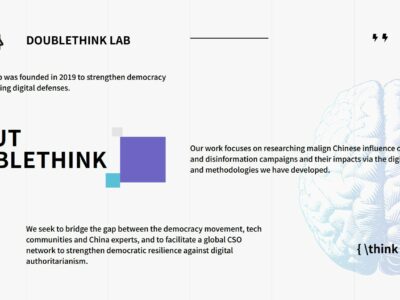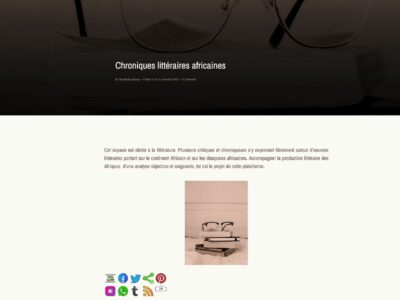Translator Newsletter: Basic SEO, Translation Apps for the Deaf, and More!
Translations

Hello, GV'ers!
Welcome to this week's edition of the Translator Newsletter! Today we're talking about…
Translating Trump's Rhetoric

Screenshot taken from http://qz.com/
In honor of the U.S. elections today (I know. You've probably discussed this to death. But I had to squeeze in one little thing before it was all over!), I thought it'd be interesting to point to this article that Quartz published about translating Donald Trump's rhetoric and how difficult it is to do. Lila MacLellan writes,
“His NSFW language, malapropisms, chants in B flat, and twisted logic have perplexed translators around the world.”
Those of us who speak English have drawn our conclusions about Trump based on his speeches, but if his words are untranslatable, how does this affect his perception abroad in non-English speaking countries?
Ok. I'm done. I promise. We now return to our regularly scheduled programming.
Basic SEO for your freelance website

Screenshot taken from http://www.thoughtsontranslation.com
SEO, or Search Engine Optimization, isn't exactly something we spend every waking moment thinking about, but it is important for building our personal brands as freelance translators and marketing ourselves. SEO basically describes how well your website is drawing traffic when people search for the types of services you provide.
But how do we make sure we have the best online presence possible? Corinne McKay over at Thoughts on Translation gives us a basic overview of getting started with SEO and how we can boost our online visibility. Learn all about it here!
A Translation App for the Deaf
Screenshot taken from http://chicagoinno.streetwise.co
Imagine that no matter where you went, no one understood you and you constantly needed someone to translate everything you were saying. This is a common experience for people who are deaf and use American Sign Language as their primary language. But Dr. Rosalee Wolfe, a professor at the School of Computing at DePaul University, is here to help! She is working on creating a “technology that acts as a sort of Google Translate for the Deaf: People speak into the program and an animated avatar signs the translation in American Sign Language.” Cool, right? This would be a huge step forward for the field of translation and one that many people don't often think about. Read more here!
Learning Languages Later

Screenshot taken from http://www.huffingtonpost.com
Everyone has heard, at one point or another, that children learn languages much quicker than adults. But is this true? Experts say maybe not! Emma Brancatisano over at the Huffington Post wrote a wonderful piece called “Is It Actually Harder To Learn A Language When You're Older?” that turns to experts to explores the ins and outs of this question. For those of you who learned languages as adults, what do you think? Is there truth to this?
Cartoon of the Week
 —————
—————
As always, thank you all for your hard work and dedication to GV! If you have any questions, comments, or ideas, feel free to email me at marianna@globalvoices.org.
If you're reading this newsletter for the first time and want to join Global Voices, tell us more about yourself here!




1 comment
I started learning English when I was 10 at school, but immersed in English (moved to Canada, now UK) when I was 25. My kids were born in Canada, and they are native bilinguals, and from what I can tell it’s definitely more difficult to learn the language as an adult. First of all, your accent will never be “right”, and accents matter, especially in a cultural context in which people can tell where you went to school by your accent and choice of words (a British lady told me that; they actually can tell). Second, while my command of English is immensely better as compared with when I first moved to an English-speaking country, as my command improved I realised that there’s so much I don’t get and never would. There are cultural differences, of course, but also a way to use a certain word that I can never get quite right. That said, I’m a scientist, so I’ll have a read and track down the studies and probably write a blog post about it because I find it fascinating. I already wrote about being bilingual here: https://galpod.com/bilingualism :)